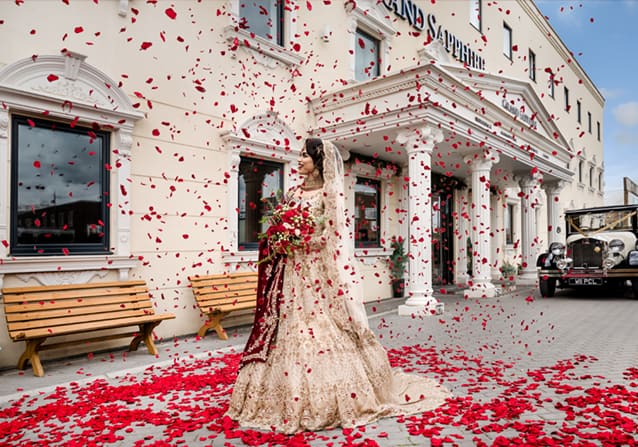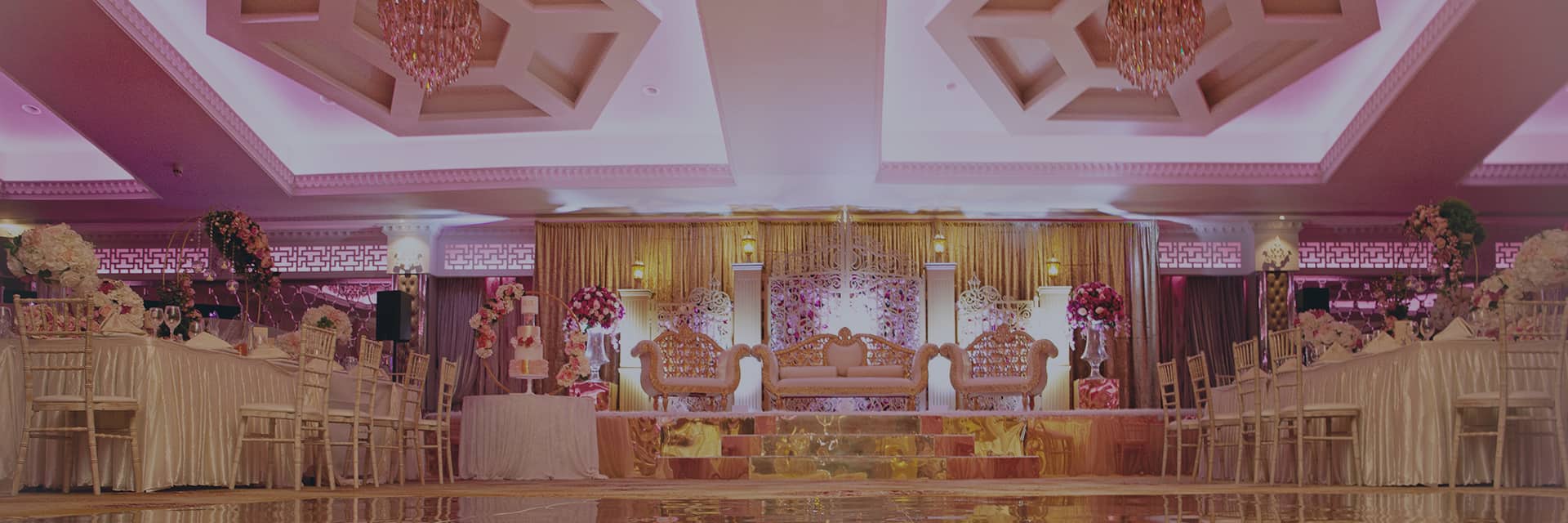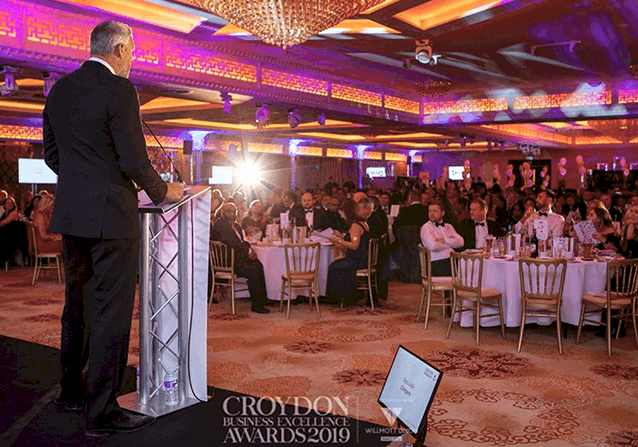Planning a Nigerian Wedding in the UK
 Weddings are powerful expressions of love, family, and tradition. For many Nigerian couples living in the UK, planning a wedding means merging rich cultural heritage with the elegance and structure of British settings. It’s a journey that calls for careful coordination, open communication, and a deep appreciation of both cultures.
Weddings are powerful expressions of love, family, and tradition. For many Nigerian couples living in the UK, planning a wedding means merging rich cultural heritage with the elegance and structure of British settings. It’s a journey that calls for careful coordination, open communication, and a deep appreciation of both cultures.
This guide walks you through the essentials of planning a Nigerian wedding in the UK — from the dual ceremony tradition to venue choices, food, fashion, and family expectations. Whether you’re a bride, groom, or supportive family member, here’s how to bring your perfect wedding to life.
Embracing the Dual Ceremony Tradition
Nigerian weddings are often split into two major events – the traditional wedding and the white wedding. Both are important and symbolic, yet serve different purposes. The traditional wedding is rooted in cultural rituals and pays homage to ancestral values. This ceremony involves family introductions, dowry negotiations, blessings from elders, and traditional attire that reflects your tribe, whether Yoruba, Igbo, Edo, or others. It is colourful, joyful, and deeply sentimental.
The white wedding, on the other hand, is typically Christian or civil in nature and follows a Western format. It involves the exchange of vows and rings, often followed by a reception with speeches, cake cutting, and the couple’s first dance. Many couples in the UK opt to hold both ceremonies on the same day or across an extended weekend, depending on guest travel and budget considerations.
Choosing a Practical and Culturally Friendly Venue
One of the earliest and most important decisions is your choice of venue. Nigerian weddings, even those hosted abroad, are known for their large guest lists, lively entertainment, and vibrant atmosphere. Finding a venue in the UK that accommodates your expected number of guests while also allowing cultural elements such as live drumming, traditional dances, and the use of fire for cooking (if outdoor catering is involved) can be a challenge.
Venues in major cities like London, Birmingham, and Manchester are more likely to have experience hosting multicultural weddings. When selecting a venue, it’s wise to visit in person, review previous events they’ve hosted, and speak with the management about your specific needs. Ensure the venue offers ample space, flexible hours for late-night celebrations, and freedom to use external caterers if needed.

Budgeting Smartly for a Lavish Affair
There’s no denying that Nigerian weddings can be luxurious. From bespoke attire and elaborate décor to generous servings of traditional cuisine, it’s easy for costs to rise quickly. In the UK, this can be even more pronounced due to higher vendor charges, especially in metropolitan areas.
Start by determining a realistic budget. Prioritise the aspects of the wedding that matter most to you. Some couples focus more on food and entertainment, while others invest in décor, photography, or fashion. Being clear about your financial boundaries from the outset will help you make informed decisions and avoid overspending.
Consider working with a wedding planner who understands both Nigerian customs and the UK market. They can guide you through negotiations, recommend reliable vendors, and help you allocate your budget wisely.
Dressing the Part: Aso-Ebi and Cultural Fashion
One of the most exciting aspects of a Nigerian wedding is the fashion. The bride and groom typically wear multiple outfits throughout the day, representing both the traditional and modern elements of the celebration. For the traditional ceremony, you might wear attire specific to your tribe, such as the iro and buba for Yoruba brides or the george wrapper for Igbo brides.
The concept of Aso-Ebi, where guests wear matching or coordinated fabrics chosen by the couple, is a hallmark of Nigerian weddings. It symbolises unity and creates a stunning visual backdrop. If you’re planning a wedding in the UK, you’ll need to order fabrics in advance and consider tailoring timelines. Many guests will require referrals to trusted seamstresses either in the UK or abroad.
Make sure to plan for outfit changes and communicate the dress code clearly to your guests, especially those less familiar with Nigerian traditions.
Incorporating Traditional Cuisine
Food is central to Nigerian celebrations, and your wedding should be no exception. Serving authentic Nigerian dishes like jollof rice, moi moi, pounded yam, egusi soup, or grilled suya helps guests feel connected to your roots.
Finding a Nigerian caterer in the UK may take some research, but cities with large African communities usually offer multiple options. It’s important to schedule tastings and review catering agreements in advance. Some venues allow outside caterers, while others may have restrictions, so always clarify this upfront.
Don’t forget to include drinks such as zobo, palm wine, Chapman, or a signature cocktail to add a modern twist.
Navigating Family Expectations
In Nigerian culture, weddings are not just about the couple, they are deeply communal affairs involving both families. Parents and elders often play a central role in planning, decision-making, and even financing the event. Navigating these expectations respectfully is crucial, especially when planning in a different country with different social norms.
Set clear boundaries early on and discuss responsibilities and roles with your families. While it’s important to honour their input, remember the day ultimately celebrates your union. Open conversations, patience, and mutual respect will go a long way in avoiding misunderstandings.
Legal Considerations and Paperwork
If you’re planning a civil or church wedding in the UK, be aware of the legal requirements. For civil marriages, you must give notice at your local registry office at least 28 days in advance. You’ll need to provide identification and, in some cases, proof of immigration status or residence.
For church weddings, particularly in the Church of England, there may be additional steps such as reading of banns or meetings with clergy. Make sure your chosen venue is licensed for weddings, and confirm which documents are required well ahead of time to avoid delays.
Capturing the Moment: Photography and Videography
With so much effort going into every detail of a Nigerian wedding, it’s vital to capture the memories properly. Invest in a photographer and videographer who understand your cultural ceremonies and can document both the emotional and aesthetic highlights of the day.
These professionals should be familiar with the pace of Nigerian weddings, where events happen quickly, outfit changes are frequent, and candid moments matter just as much as posed ones. Review portfolios and testimonials before making your selection.

Balancing Cultures with Confidence
A Nigerian wedding in the UK is more than a celebration, it’s a cultural bridge that honours where you come from while embracing where you are. With the right planning, patience, and passion, you can host an event that reflects both your identity and your love story.
Blending tradition with modernity is not always easy, but it’s deeply rewarding. Whether you’re dancing in aso-ebi, saying vows in a cathedral, or raising a glass at a candlelit reception, remember that your wedding is a story — your story — beautifully told through culture, family, and heartfelt joy.



